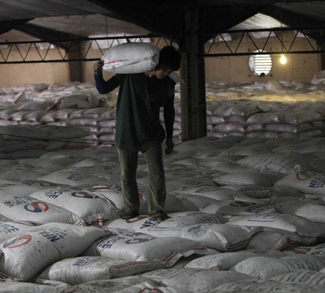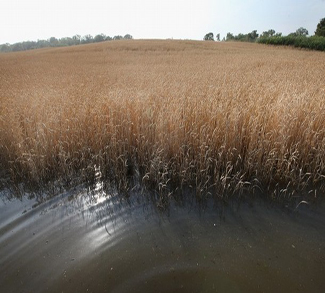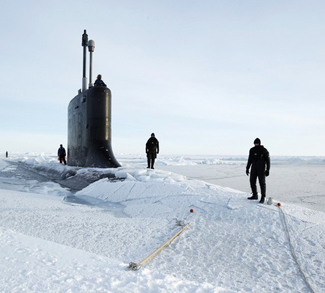The international community currently stands at a crossroads, and the path we choose will impact food security for the next 50 years. What we do now could mean the difference between building a resilient, secure global food system that stands the test of time or descending into resource nationalism and a cycle of famine.
Last week’s forecaster examined some of the supply and demand-side pressures that global food production will encounter over the next 50 years. Part two will delve into the policy options that are available to national governments and multilateral institutions that are willing to tackle this problem head on.
While most experts agree that we now inhabit the calm before the storm, opinion starts to differ in regards to just how long we have before the current global food system proves itself to be inadequate. If UN emergency food appeals are anything to go on, every year that goes by we are moving closer to the possibility of widespread hunger and famine. According a report recently published by Oxfam, the amount of emergency UN food appeals being covered by donors has slipped over the past few years, from 70 percent in 2005 to 63 percent in 2010. The shortfall in donations is driven by a simple reality: food reserves around the world are low and getting lower. This not only carries the obvious increased risk of a humanitarian disaster, but it also drives food prices still higher, risking a vicious cycle that could close the international community’s window of opportunity before it even has a chance to act. In short, we need to move quickly to grow more food and ensure that global distribution channels remain open.
To create a system that can cope with the new realities of global food production, action will be required from both national governments and international institutions. On the national level, Western governments will need to finally address the contradiction of national farm subsidies and international free trade. Subsidy schemes like Europe’s Common Agricultural Policy (CAP) have the effect of diverting investment away from food producers in the developing world, which is the planet’s ‘final frontier’ of untapped productive potential. If global yields are going to be increased in a meaningful way moving forward, it will likely be owing to production gains made in the south.
National governments can also regulate the food production process in a way that puts a premium on increasing efficiency and reducing waste. There are many gains to be made in water and energy conservation that don’t sacrifice yields. What’s more, some of these practices benefit small-scale producers and can thus garner populist appeal in farming communities.
On the international level, multilateral institutions will need to establish a set of accepted policies in regards to international food security. Which institution to take the lead is inconsequential- the G20, UN, or World Bank would all do- what is important however is that it has the legitimacy and authority to ensure that its policies are abided by. On the trade end, the legitimacy of the entire project of ensuring global food security would be greatly helped if the WTO were to launch a pro-development round of talks aimed at increasing yields and capitalizing food production in the developing world. The only real way of accomplishing this is to open up the global food trade and put an end to national subsidy schemes. If nothing is done to boost confidence in the infallibility of global food trade flows, severe price shocks will become commonplace as national governments make hard turns towards autarky.
Another troubling oversight in the current international food system is the lack of any legitimate institution able to reign in resource nationalism during times of crisis. Russia’s 2010 export ban on wheat stands as a grim example of how quickly global supply chains can be broken in times of crisis. Without international cooperation and a sturdy regulatory regime, there is a real risk of the Russian example serving as the rule going forward. Reforming loopholes in the GATT and WTO that allow for food-based export bans would be a good start for rectifying this problem.
In sum, national governments and international institutions need to afford food a special exemption in global trade; one that accepts that it cannot be allowed to be held hostage by the whims of commodity speculators. Whether or not the political will necessary for such an endeavour will be forthcoming is another question altogether. In many respects, efforts to build a new system will come up against the political brick wall of agricultural subsidy reform as well as some of the most powerful lobbying interests in the world in agribusiness. For these reasons it’s quite likely that we’ll see a real disaster before the necessary national and international reforms are pushed through. At that point it’s merely a question of whether or not it’s already too late.




